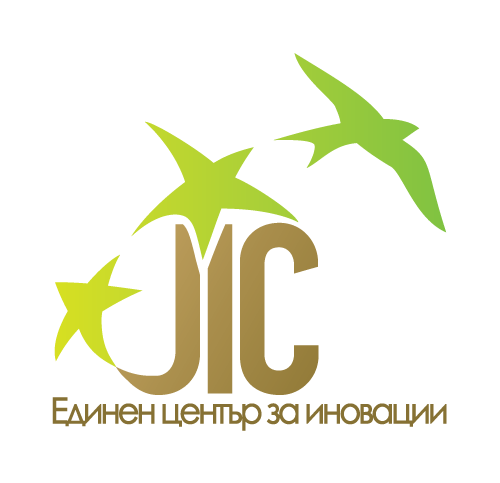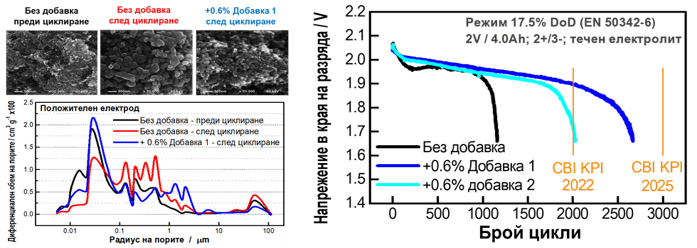
GREEN TECHNOLOGIES
The dynamic receptivity to charge and provision of long cycle life in the mode of partial charge of lead batteries used in cars with start-stop systems has been improved with the addition of natural and synthetic inorganic polyphosphate compounds to the liquid electrolyte of lead batteries.
Contact:
maria.matrakova@iees.bas.bg
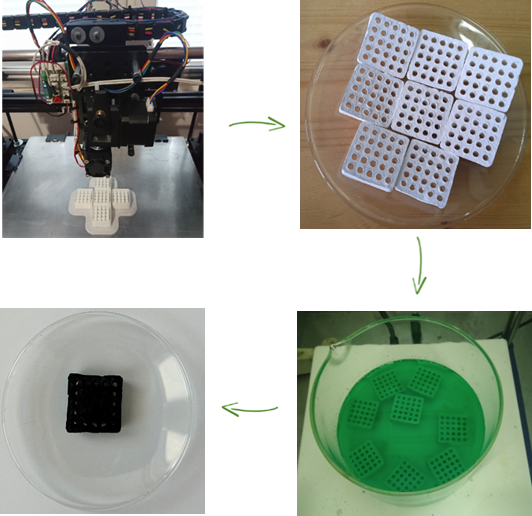
GREEN TECHNOLOGIES
Using 3D technology, an effective catalyst for the purification of waste gases containing volatile organic compounds was created at IGIC-BAS. By thermally annealing a raw material composed of aluminum and silicon oxides and suitable additives, a carrier with a developed porous structure is obtained.
Contact:
office@jic.bas.bg
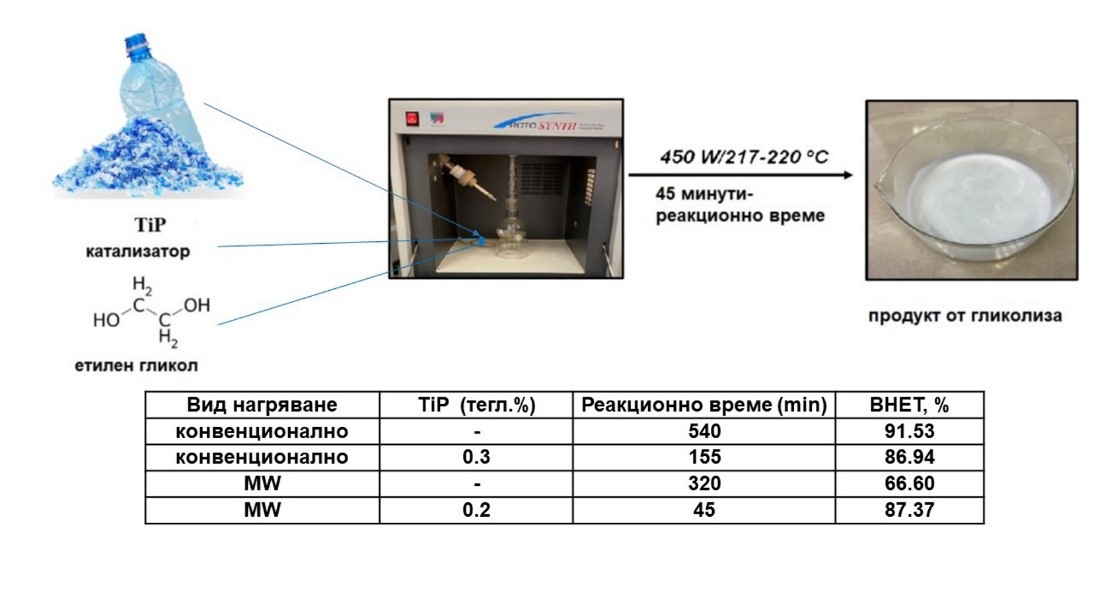
GREEN TECHNOLOGIES
A team from IP-BAS is looking for a way to increase the efficiency of glycolysis for the recycling and reuse of waste materials from polyethylene terephthalate (PET), optimizing the concentration of the catalyst and the yield of bis(2-hydroxyethyl) terephthalate (BHET) in the presence of titanium (IV) phosphate (TiP) as a catalyst in conventional and microwave (MW) heating for energy saving. The product obtained from glycolysis can be directly used for further processing without the need for additional separation procedures, for example in the synthesis of phosphorus-containing flame retardants.
Contact:
office@jic.bas.bg
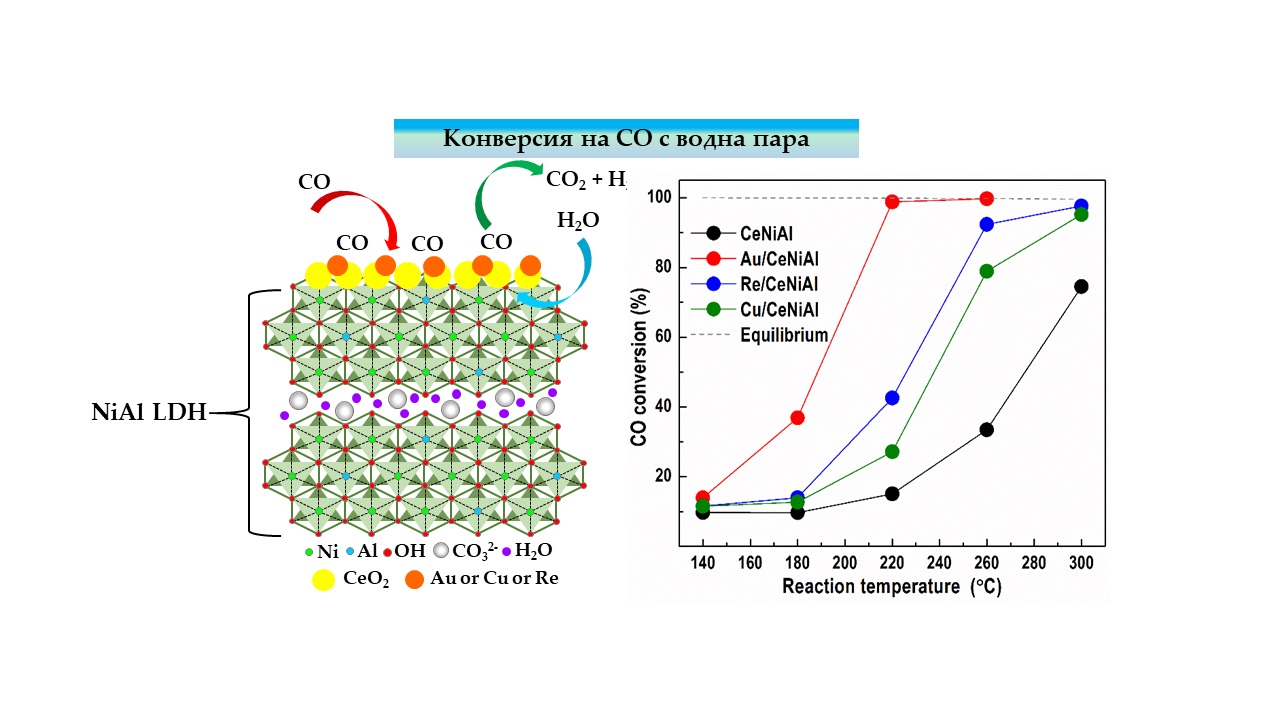
GREEN TECHNOLOGIES
At the Institute of Catalysis, the influence of gold, copper and rhenium as promoters of nickel-aluminum layered double hydroxides in the development of efficient catalytic materials for the purification of hydrogen in the reaction of conversion of CO with water vapor has been established. The benefits to society are related to the creation of active, decontamination-resistant and economically viable catalytic materials for the production of environmentally friendly hydrogen fuel.
Contact:
office@jic.bas.bg
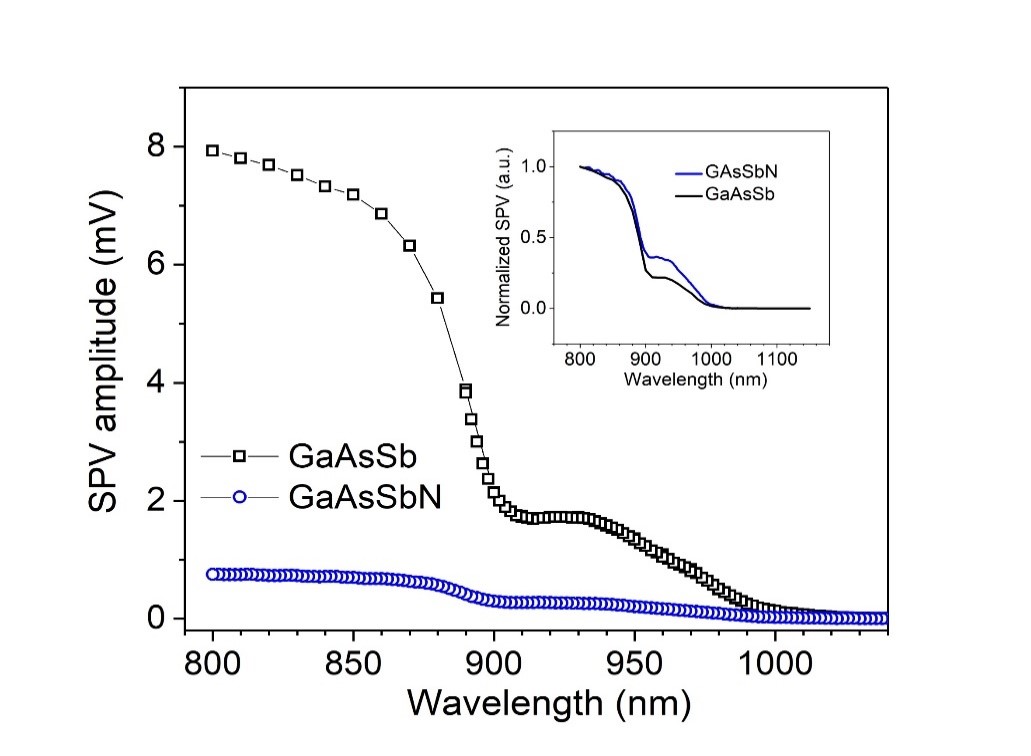
GREEN TECHNOLOGIES
Metamorphic p-i-n AlGaAs/GaAsSb/GaAs heterostructures with high photosensitivity in the infrared part of the spectrum, suitable for application in multi-junction solar cells (MJSCs), have been prepared at CLAP-BAS. The obtained results are very promising regarding the use of metamorphic heterostructures based on GaAsSb for application in MJSCs in the future as an alternative to isolattices based on rare nitrides.
Contact:
office@jic.bas.bg
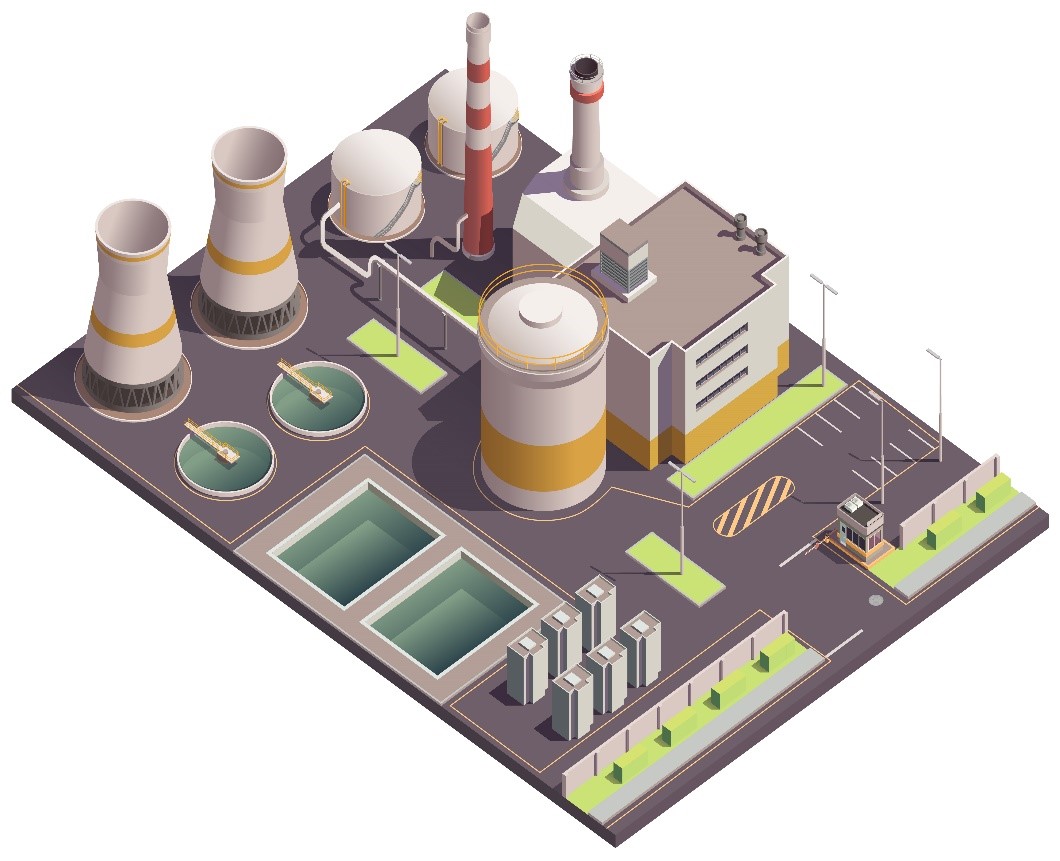
GREEN TECHNOLOGIES
Method for Generating Atomic Energy through Hydrostatic Pressure
The Institute of Robotics – BAS presents a technological solution related to a miniature system for generating atomic energy.
The innovative components of the proposed technology are:
a) The first-ever generation of a controlled chain reaction through high hydrostatic pressure;
b) The conversion of atomic energy into electricity using the principle of the electroscope.
The proposed technology is at TRL 5. The main innovation element – the hydrostatic pressure chamber, along with its accompanying components – has been developed. Upcoming experiments will involve loading it with a radioactive mixture.
Contact:
office@jic.bas.bg
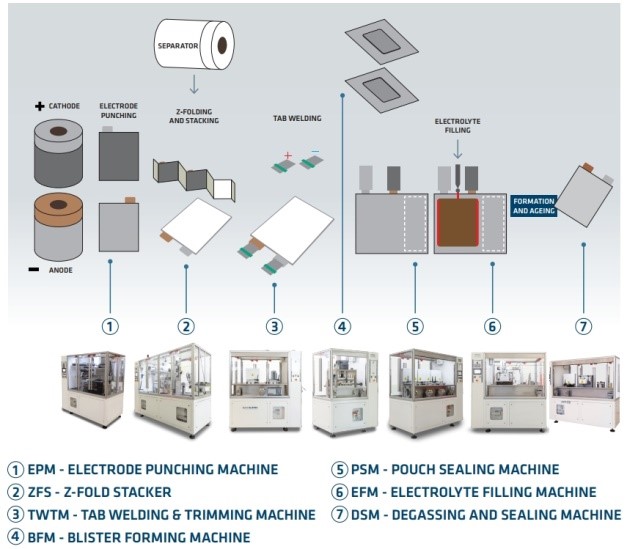
GREEN TECHNOLOGIES
Acad. Evgeni Budevski Institute of Electrochemistry and Energy Systems presents a “Pilot Line for the Production of Lithium-Ion Batteries – 2A/h Pouch Type and Button Type (CR2016, CR2025 и CR2032)”.
This technology enables the production of pilot quantities of batteries in two formats (“pouch” and/or button) to prove the working concept. It is being developed with unique equipment for Bulgaria, provided through the Center of Competence “Hitmobil.”
Main application areas: energy conversion and storage systems, including renewable energy.
The pilot line allows research and optimization of manufacturing processes at a pre-industrial stage, ensuring greater efficiency and cost reduction. It is capable of producing various types of “pouch” batteries, including lithium-ion, sodium-ion, lithium-polymer, and other variations, depending on customer requirements. The technology ensures strict control of production processes and parameters, leading to higher quality and reliability of the final products. It also provides opportunities for research and testing of new materials and technologies aimed at improving the production process and increasing the capacity and lifespan of batteries. This enables market research and evaluation of demand for “pouch” batteries, better preparing the system for full-scale production and commercialization.
The technology is at Technology Readiness Level 7.
Contact:
office@jic.bas.bg
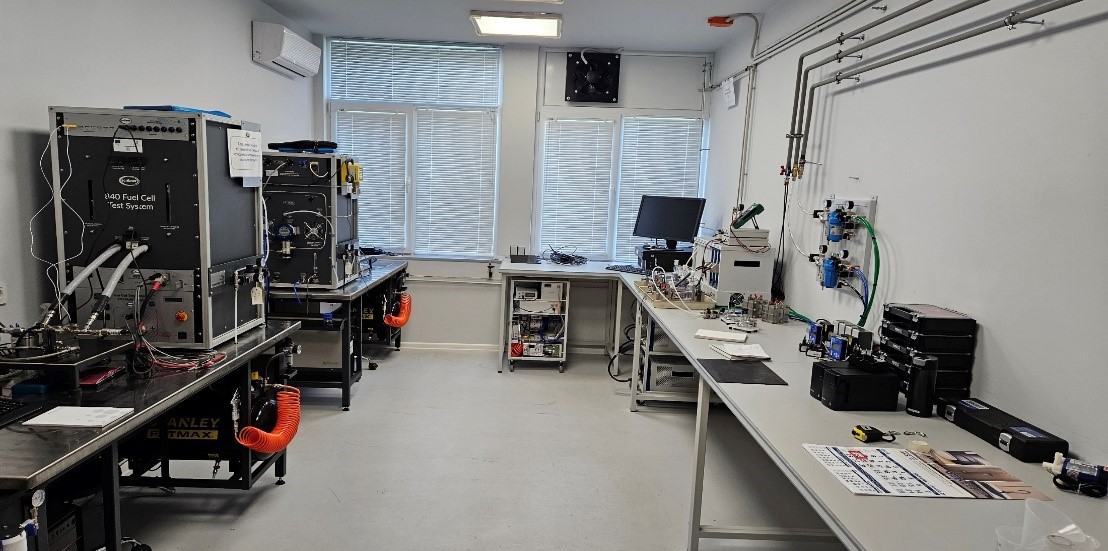
GREEN TECHNOLOGIES
Acad. Evgeni Budevski Institute of Electrochemistry and Energy Systems presents its Laboratory for Testing Hydrogen Electrochemical Converters (Water Electrolyzers, Fuel Cells, Hydrogen Electrochemical Compressors).
This laboratory, part of Laboratory 3 at the Center of Competence “Hitmobil,” specializes in scientific and applied research on various types of hydrogen electrochemical converters, including fuel cells, water electrolyzers, and hydrogen electrochemical compressors. It is equipped to:
• Test systems with power up to 1 kilowatt, including testing of membrane-electrode assemblies (MEAs) under different operating conditions and temperatures up to 110°C.
• Determine Faradaic and energy efficiency, as well as minimum and maximum pressure on the MEAs.
• Measure ohmic resistance and other parameters.
Contact:
office@jic.bas.bg
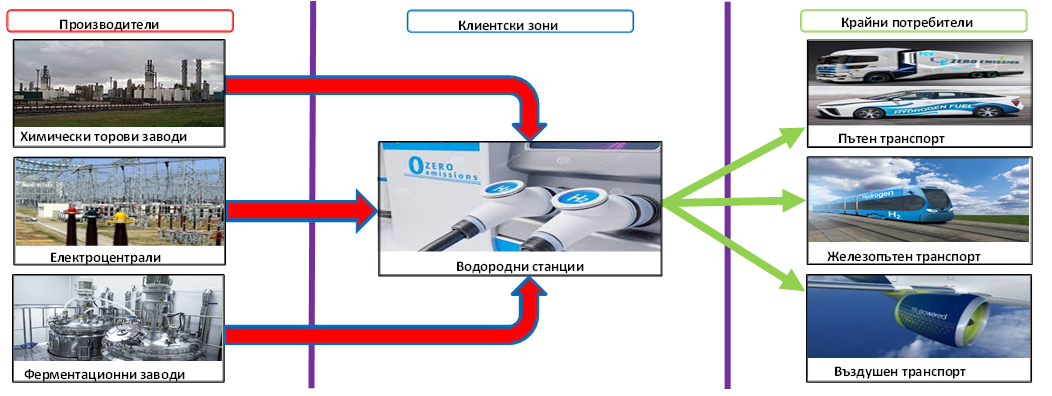
GREEN TECHNOLOGIES
Institute of Chemical Engineering – BAS presents a method for optimal synthesis and management of resource-assurance chains for biodiesel, bioethanol, biogas and biohydrogen and productions from the food industry.
The methods for optimal design of strategic DOM for the production of biofuels and tactical for the production of food products make it possible to analyze the stages of the entire life cycle of each of the products under consideration, which includes all activities in the chain from the supply of raw materials, through the production itself to the final users.
The methods simultaneously take into account the three aspects of sustainability – economic, ecological and social.
The resulting optimal solutions in terms of determining: selection of raw materials and suppliers; places for the production of agricultural crops for the production of biofuels; waste biomass processing sites for biofuel production; locating the installations and facilities for the production of biodiesel, bioethanol and biogas, as well as the optimal location of charging stations for biohydrogen; production capacity; the transport network; biofuel blending sites; the markets etc. can serve as a basis for making optimal decisions by managers that take into account all three indicators of sustainability.
The technology is at the stage of readiness for implementation.
Contact:
office@jic.bas.bg
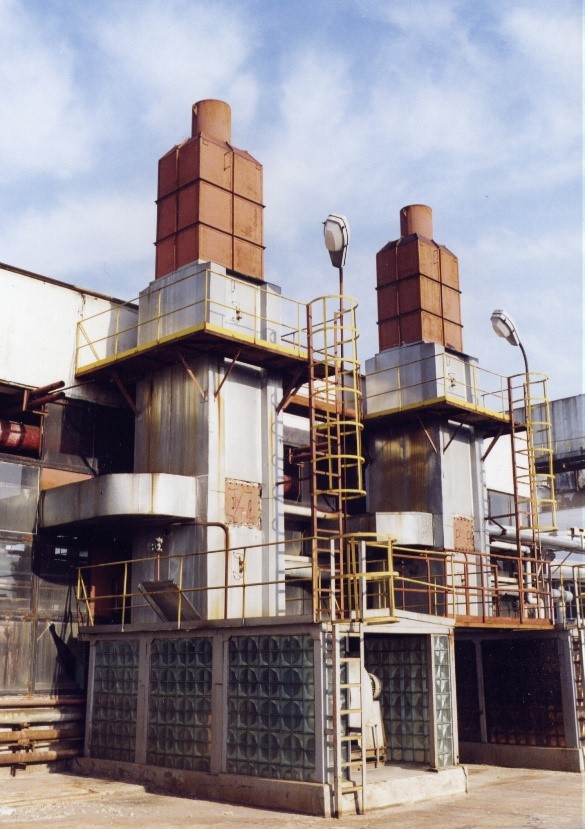
GREEN TECHNOLOGIES
Institute of Chemical Engineering – BAS presents a method and installation for the processing of urban household waste by incineration.
Incineration of waste in the presence of an increased content of water vapor reduces emissions of nitrogen oxides.
Тhe method enables the utilization of waste heat from combustion and its subsequent use for heating purposes. The exhaust gases during the combustion process are treated in a packed scrubber column, where their purification is carried out.
The technology has opportunities for implementation in all cities with built-in central heating and large enterprises with hot water needs for technological purposes.
Contact:
office@jic.bas.bg
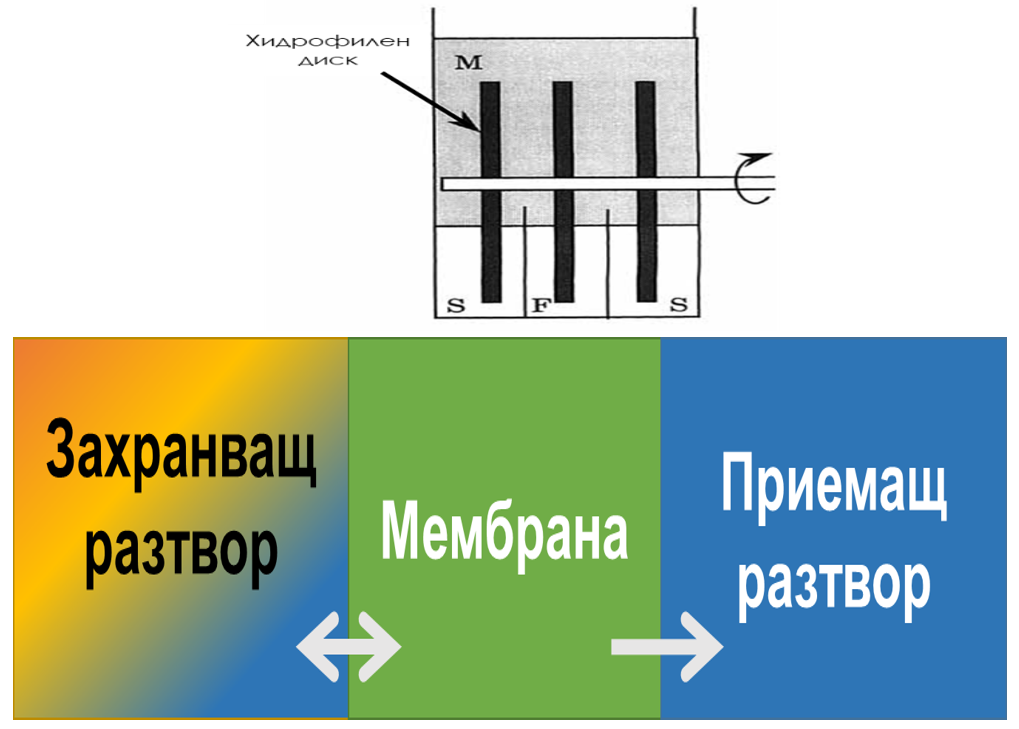
GREEN TECHNOLOGIES
Researchers from the Institute of Chemical Engineering – BAS have developed a method for selective extraction of substances.
Key Features of the Method:
– Continuous Operation: The method allows for uninterrupted processing.
– “Soft” Conditions: It operates under mild conditions.
– Liquid Phase Processing: The process takes place entirely in the liquid phase.
– No Phase Changes: There are no changes in the phase state of the chemical system, which implies low energy consumption.
– High Purity: The resulting product has high purity.
– Use of “Green” Liquid Membranes: It offers possibilities for using environmentally friendly liquid membranes.
Contact:
office@jic.bas.bg
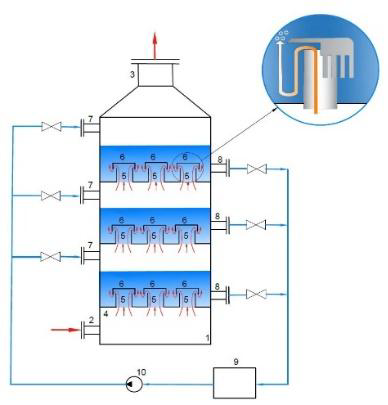
GREEN TECHNOLOGIES
Method for cleaning flue gases from sulfur dioxide
The Institute of Chemical Engineering has developed a new method for cleaning flue gases from sulfur dioxide (SO2) using a practically waste-free technology, including absorption of SO2 in water with simultaneous adsorption of SO2 from the aqueous solution with synthetic anion exchanger. The advantage of the technology is the expected lower costs and energy consumption compared to absorption with liquid sorbents, which is currently widely used for this purpose. The main element of this technology is the bell-shaped tray column, where the absorption-adsorption process takes place on trays in an aqueous suspension of synthetic anion exchanger.
Contact:
office@jic.bas.bg
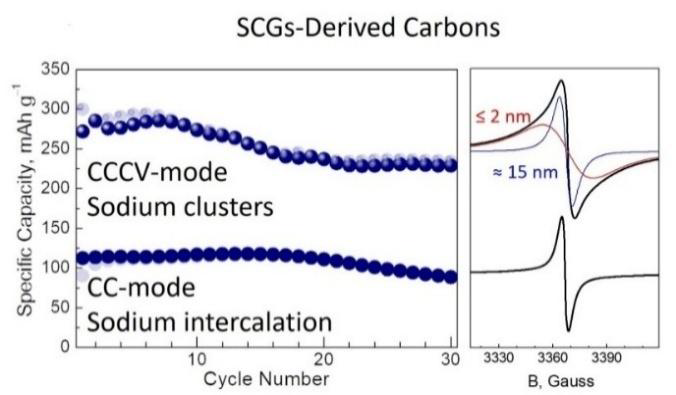
GREEN TECHNOLOGIES
Anode materials for sodium-ion batteries
Researchers from the Institute of General and Inorganic Chemistry have developed innovative anode materials for sodium-ion batteries that meet the requirements of the European Green Deal for safety, harmlessness and cost-effectiveness, unlike lithium batteries. Bio-raw material is converted into an anode material using an original synthetic procedure, combining the low sodiumization potential (below 1.0 V vs. Na+/Na) with good performance (specific capacity of about 250 mAh/g and excellent capacity stability during repeated cycling). Sodium storage by biocarbons also depends on the content and distribution of mineral ash in them, the positive effect of which on sodium storage reveals that it is not necessary to use additional and expensive procedures for its removal.
Contact:
office@jic.bas.bg

GREEN TECHNOLOGIES
New Spirooxazine-type Compounds with Application in Highly Sensitive and Selective Analytical Techniques
A team from the Institute of Catalysis has conducted a study of the photophysical and complexing properties of a series of new spirooxazine-type compounds experimentally and with quantum chemical calculations, which can be applied in highly sensitive and selective analytical techniques for the detection of metal ions and other chemical compounds of environmental interest, as well as for drinking water monitoring. It was found that all compounds exhibit reversible photochromism and significant resistance to photodegradation and can participate in a large number (over 4000) photochromic cycles. By appropriate substituents and changing the solvent, the lifetime of their photomerocyanine form varies in the range from 2 to 125 s, and its visible absorption band – between 560 and 660 nm.
Contact:
office@jic.bas.bg

GREEN TECHNOLOGIES
Study of the distribution, content and effect of microplastics on Black Sea organisms
Researchers from the Institute of Neurobiology have conducted a study of the distribution, content and effect of microplastics on Black Sea organisms, some of which are food for humans, which established the accumulation of microplastics in all studied hydrobionts (mussels, crabs, shrimps, snails, fish), the amount of which depends on the location of the habitats. Bioaccumulation and subsequent trophic transfer of microplastics to higher levels, incl. humans, can have serious impacts on health. Knowledge about the distribution, effects and mechanisms of microplastics is essential for the formation of adequate solutions for the protection of ecosystems and human health.
Contact:
office@jic.bas.bg

GREEN TECHNOLOGIES
Hybrid photobioreactor for microalgae biomass capturing CO2 from flue gases
A team of researchers from the Institute of Microbiology has developed a hybrid photobioreactor for microalgae biomass capturing CO2 from flue gases within the framework of an integral biorefinery concept. This photobioreactor avoids the shortcomings of existing types of structures, as the proposed innovative scheme uses achievements in the field of fluid dynamics and modern knowledge in the physiology of microalgae and their behavior when changing the cultivation parameters – light irradiation, temperature, pH and components of the nutrient medium. It completely absorbs CO2 from the gas phase, ensures the production of products such as carbohydrates and fats, the basis for obtaining biofuels, and products with high added value – unsaturated fatty acids, carotenoids, flavonoids, polyphenols, etc., with potential application in medicine, pharmacy, biotechnology, agriculture, bioengineering, algology, ecology, environmental protection and a focus on renewable energy sources and reducing the negative effects of global warming.
Contact:
office@jic.bas.bg
